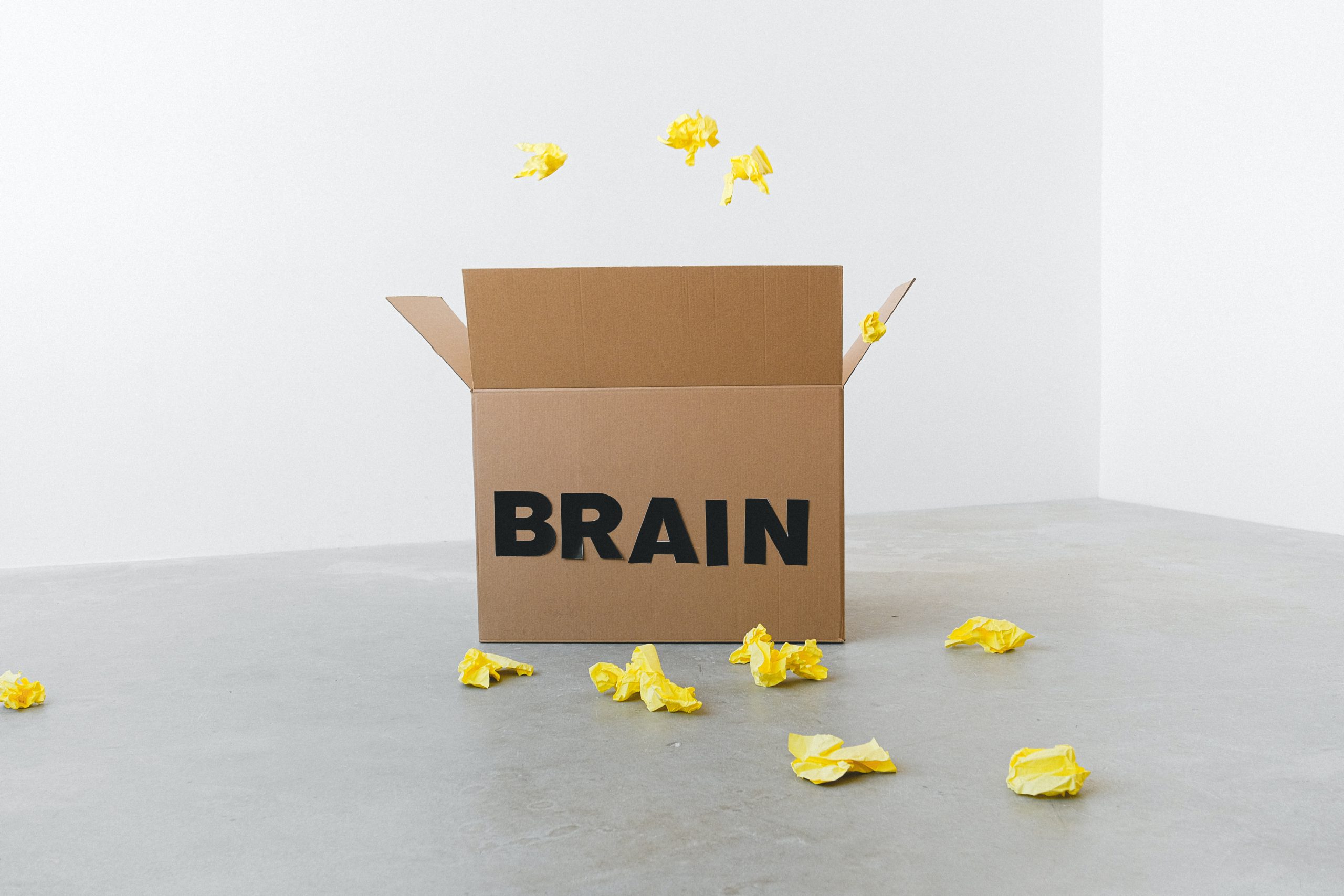Enhancing ADHD Symptoms with Nootropics
Attention Deficit Hyperactivity Disorder (ADHD) is a neurodevelopmental disorder characterized by persistent patterns of inattention, hyperactivity, and impulsivity. It affects individuals of all ages, and its symptoms can significantly impact daily functioning and quality of life. While conventional treatments like medication and therapy are widely used, some people with ADHD seek alternative approaches such as nootropics to improve their symptoms. Nootropics, also known as cognitive enhancers, are substances that aim to enhance cognitive functions, including attention, focus, and memory. In this blog post, we will explore the use of nootropics for improving ADHD symptoms, focusing on specific supplements supported by research and clinical evidence.
Understanding ADHD
To begin, let’s establish a foundational understanding of ADHD. ADHD is a complex condition involving dysregulation of certain neurotransmitters in the brain, including dopamine and norepinephrine. These neurotransmitters play a crucial role in regulating attention, impulse control, and executive functions. Common symptoms of ADHD include difficulty sustaining attention, impulsivity, restlessness, and poor organizational skills.
Omega-3 Fatty Acids
Omega-3 fatty acids, particularly eicosapentaenoic acid (EPA) and docosahexaenoic acid (DHA), have gained attention as a potential supplement for improving ADHD symptoms. Found abundantly in fatty fish and some plant sources, these essential fatty acids are crucial for brain health and function. Research suggests that individuals with ADHD may have lower levels of omega-3 fatty acids, leading to difficulties in cognitive performance and behavioral regulation.
Multiple studies have explored the benefits of omega-3 supplementation in managing ADHD symptoms. A meta-analysis published in the Journal of Attention Disorders found that omega-3 supplementation significantly improved ADHD-related symptoms, particularly hyperactivity and impulsivity. Another study published in Neuropsychopharmacology reported that omega-3 supplementation led to improved cognitive performance and reduced ADHD symptoms in children.
Zinc
Zinc is an essential mineral involved in various physiological processes, including neurotransmitter regulation and cognitive functioning. Some studies have suggested a potential link between zinc deficiency and ADHD symptoms. Supplementation with zinc has been investigated as a complementary approach to manage ADHD symptoms.
Research has shown mixed results regarding the effectiveness of zinc supplementation for ADHD. A study published in the Journal of Child and Adolescent Psychopharmacology found that zinc supplementation significantly improved symptoms of hyperactivity and impulsivity in children with ADHD. However, other studies have reported no significant effects on ADHD symptoms. More research is needed to fully understand the potential benefits of zinc supplementation for individuals with ADHD.
Magnesium
Magnesium is an essential mineral involved in hundreds of biochemical reactions in the body, including neurotransmitter synthesis and regulation. It plays a vital role in brain function and may contribute to the development and management of ADHD symptoms.
Limited research suggests a potential link between magnesium deficiency and ADHD. Although the evidence is preliminary, some studies have shown that magnesium supplementation may have a positive impact on ADHD symptoms. A randomized controlled trial published in the Journal of Attention Disorders reported that magnesium supplementation improved attention and hyperactivity scores in children with ADHD.
Conclusion
While nootropics such as omega-3 fatty acids, zinc, and magnesium show promise as complementary approaches for managing ADHD symptoms, it is important to note that individual responses may vary. It is crucial to consult with a healthcare professional before initiating any supplementation regimen, especially for individuals with pre-existing medical conditions or those taking other medications.
While these supplements may offer some
benefits, they should not replace evidence-based treatments for ADHD, such as medication and behavioral therapy. More research is needed to fully understand the mechanisms of action and long-term effects of these nootropics on ADHD symptoms.
Remember, each person with ADHD is unique, and a personalized approach is essential for effective symptom management. By combining conventional treatments with informed and cautious use of nootropics, individuals with ADHD can explore potential strategies to optimize their cognitive functioning and overall well-being.


